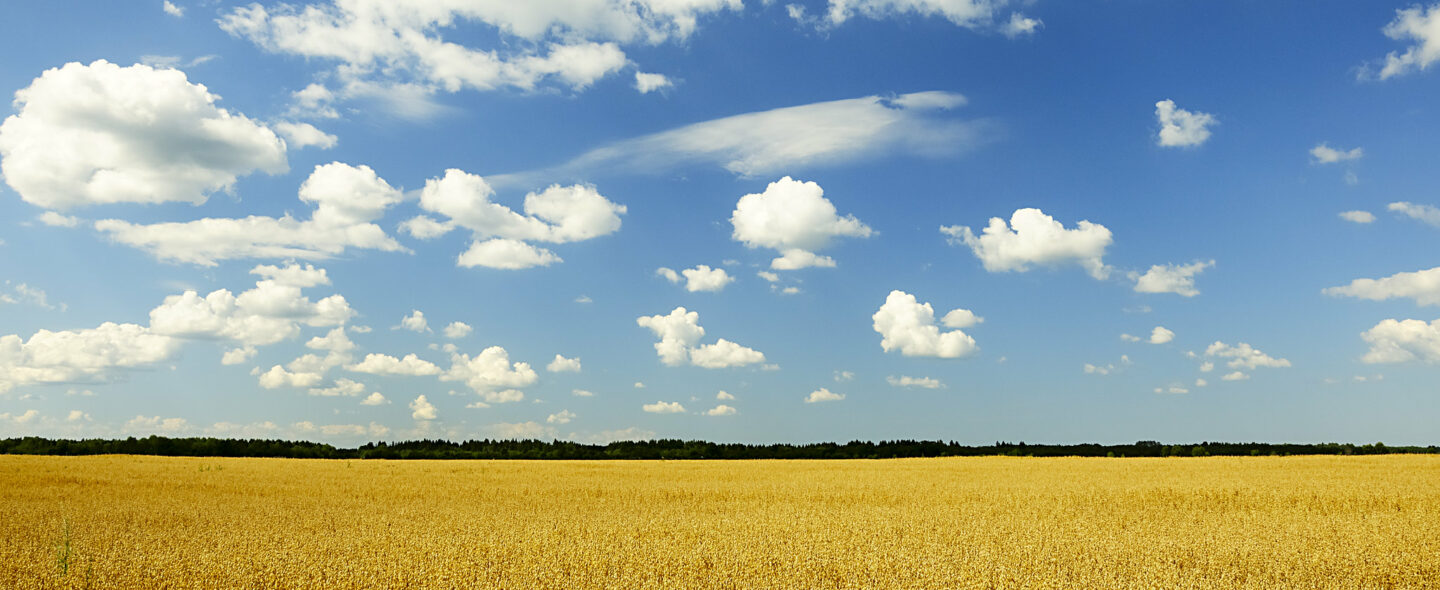
Climate change represents an unprecedented challenge for governments, the private sector, academia, and civil society. The latest report released by the Intergovernmental Panel on Climate Change (IPCC) was emphatic: unprecedented changes are needed to limit the average increase in global surface temperature to 1.5 degrees Celsius.
There are two streams of thinking on how to battle global warming. A significant part of the population believes a paradigm change of the consumer’s behaviour is necessary to prevent (further) tragedies. On the other side, a large community sees the solution in sustainable technological innovations that eventually will enable a world economy operating in a state of net zero emissions. While both claims are probably an integral part of the equation, it is undeniable that technological innovations can have large-scale and rapid positive impacts. And places where the environment is especially vulnerable, as is the case with Brazil, technological innovations will play a more defining role than, let’s say, in the deserts of the UAE.
Adding the indirect emissions from deforestation and the direct ones, the Brazilian agribusiness accounts for 71% of the country’s total emissions, and the sector is at the center of the nationally determined contribution (NDC) to the Paris Agreement, which includes recovering more than 15 million degraded pastures and reforesting another 12 million hectares, besides reducing illegal deforestation to zero by 2030.
As the main source of greenhouse gas emissions (GHG) in the country and at the same time one of the most impacted by the effects of climate change, the agribusiness chain is faced with the huge challenge of reconciling GHG mitigation measures with increased production and food supply for the population. Phytosanitary problems, changes in the geography of crops, extreme events such as droughts and storms, loss of pollinators, and abrupt changes in the water regime are some of the effects of climate change. For the Brazilian agribusiness these are alarming developments that threaten its survival.
In the eve of a catastrophe, new initiatives seek to promote the insertion of climate intelligence, i.e. how to make the sector more resilient to climate change, in the agriculture and food sector with the goal of increasing the availability of nutritious food by 50% while reducing GHG emissions by 50%. Given the need to combat climate change and reduce its impacts, mitigation and adaptation measures to climate change are urgently required. In terms of technological innovation, disruptive technologies emerge with an important role to contribute to a drastic reduction in the greenhouse gas emissions curve. The Intergovernmental Panel on Climate Change (IPCC) has addressed systemic issues of innovation and technology, including an assessment of the literature on cases of technological innovation systems, innovation policy, and implications of new disruptive technologies. Coordinated by the Brazilian Business Council for Sustainable Development (CEBDS), the Agroclimatic Intelligence (IAC) program promotes the adaptation of crops to climate change and seeks to reduce GHG emissions, while developing resilience and increasing productivity. The project underlines the necessity to ensure nutritious food for a growing population with global markets and unsustainable habits.
The use of advanced technology enables the best use of resources. The agricultural sector is one of the sectors that can benefit most from information technology in Brazil to improve processes and do more with less;
observed Percival Lucena, blockchain leader at IBM Brazil, in a panel of a CEBDS seminar. It is not only necessary to increase productivity, but to reduce losses and waste after harvest, promote change in habits, rethink regulatory frameworks and economic incentives, develop a productive base that generates positive environmental and social impact, and build a value chain for new bioeconomy products.
Looking towards the future
Reconciling the impacts of climate change with the increase in production and food supply is the challenge of the agricultural and cattle-raising chain from now on. One of the possible instruments are Public-Private Partnerships for research, development, demonstration, launch of technologies, and international cooperations with joint research efforts. Academics and companies from Switzerland and the entire world can play a crucial role in this endeavour, bringing solutions to global environmental challenges.